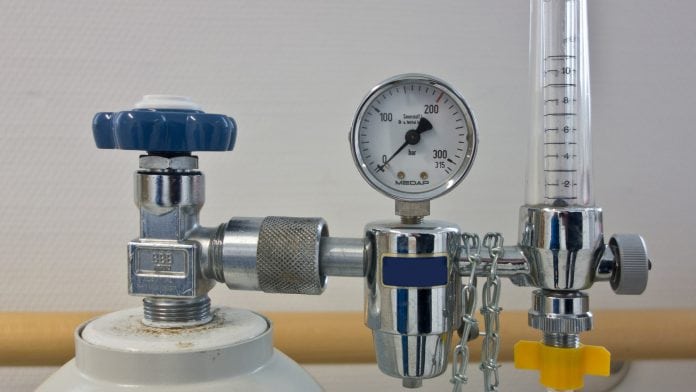
Researchers have made major progress towards eliminating types of cancer cells by exploiting hypoxia, without damaging healthy tissue.
The research team at Bristol University, UK, have uncovered a way to utilise hypoxia, a condition that occurs during the development of common types of cancer cells and drives their progression.
Hypoxia and its effects
When tumours grow faster than their blood supply, hypoxia arises; this then causes oxygen deprivation, forcing cancer cells to adapt. Therefore, creating more aggressive behaviour and in turn leads to their spread around the body.
Seeking ways to understand how cancer cells adapt to hypoxic conditions, the Bristol team hope of finding new ways to stop cancers growing and spreading. Proteins that are ‘switched on’ by cancer cells were examined using human cancer cells grown in dishes and a technique called proteomics.
These experiments enabled the team to identify a new signalling mechanism that should ideally in the future be therapeutically targeted to kill cancer cells without harming the surrounding normal cells.
Dr Alexander Greenhough, who led the Cancer Research, UK, funded study from Bristol’s School of Cellular and Molecular Medicine explains: “Hypoxia is considered an excellent target for cancer therapy because it generally features in cancers rather than healthy tissues.
“However, finding ways to effectively exploit this difference in the clinic is a major challenge.
“This work advances our knowledge of hypoxic cancer cell behaviour and take us a step closer towards developing novel therapies that could achieve this goal.”
Greenhough found that when oxygen levels were low, using genetic techniques to stop cancer cells ‘switching on’ a specific receptor (GPRC5A) triggered cancer cell death.
An area of great interest
Hypoxia is a topic well known to cancer researchers, however identifying the proteins that are most important for cancer cell survival, that are also ‘druggable’ has, until now, remained an unmet challenge.
Greenhough concluded: “This type of receptor is a GPCR, which are considered to be among the best drug targets for many diseases.” This could possibly lead to further advances in regenerative medicines as well as oncology.
“We would like to know whether this receptor serves as a biomarker for more aggressive cancers that are resistant to therapy.”






















